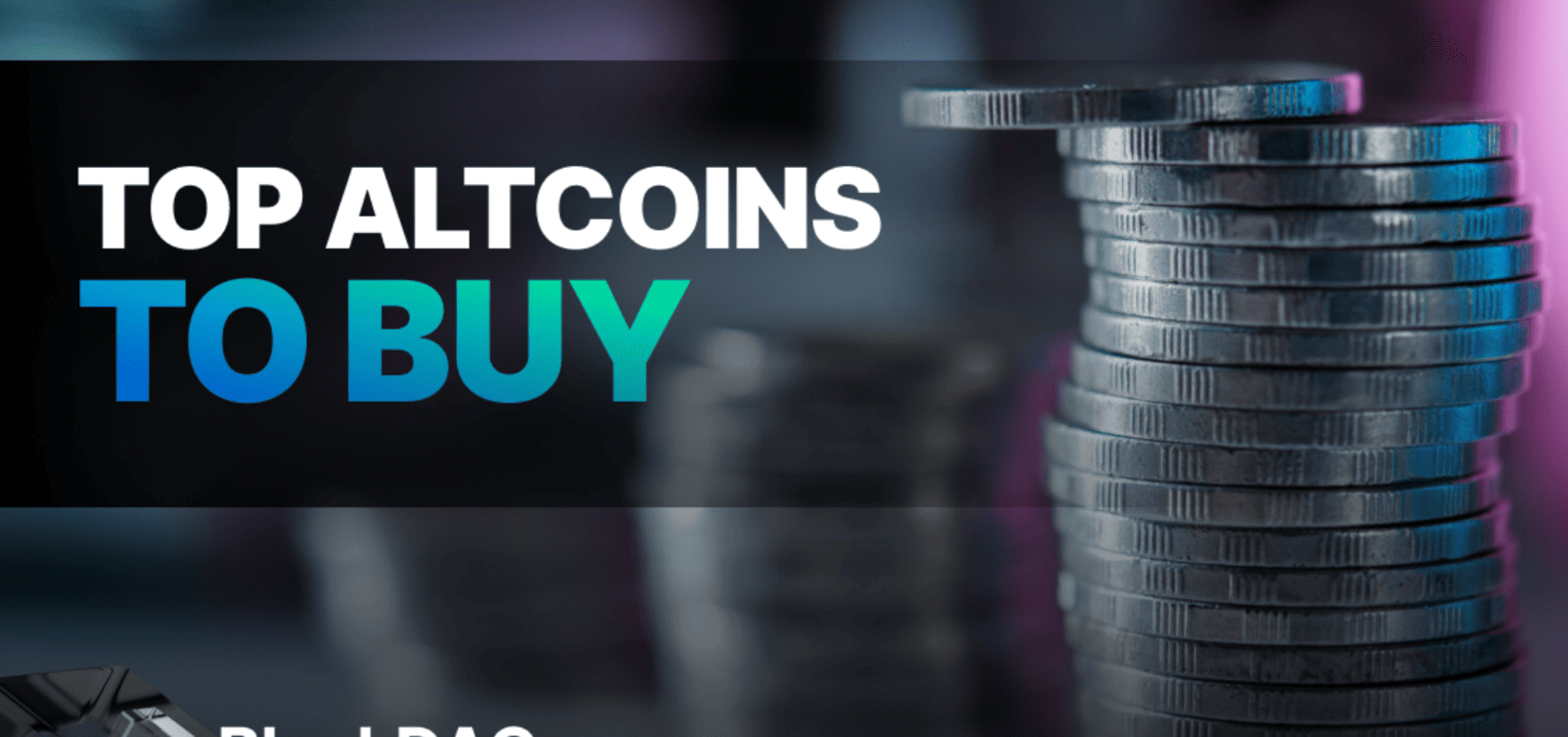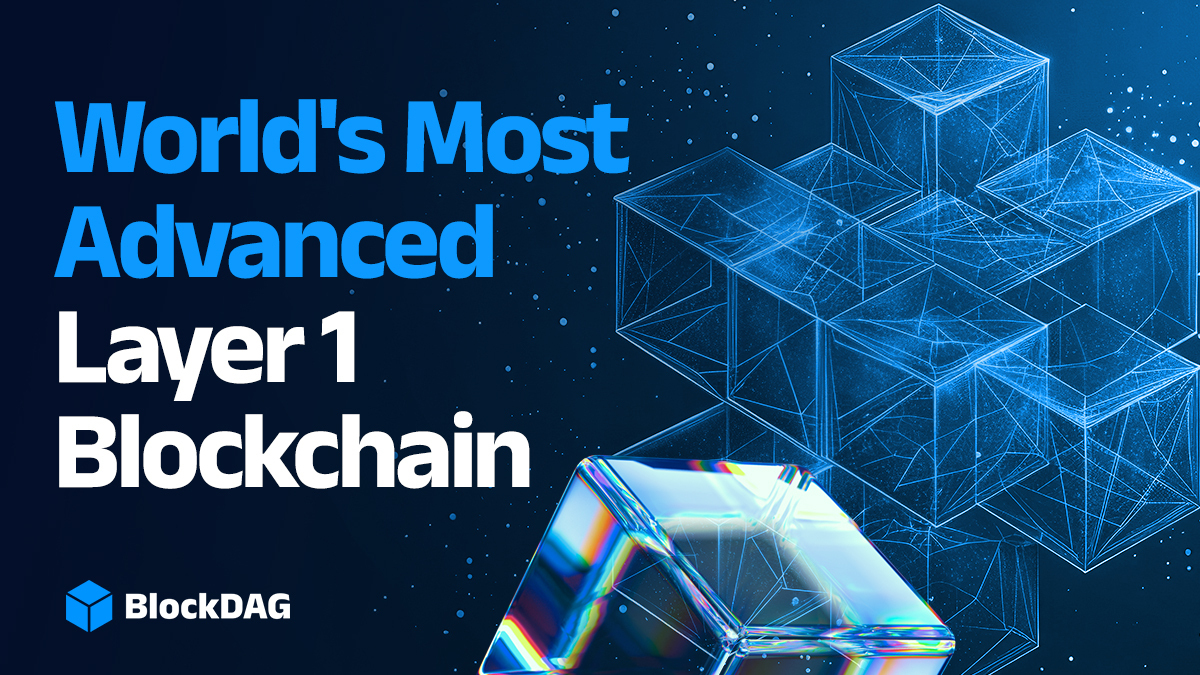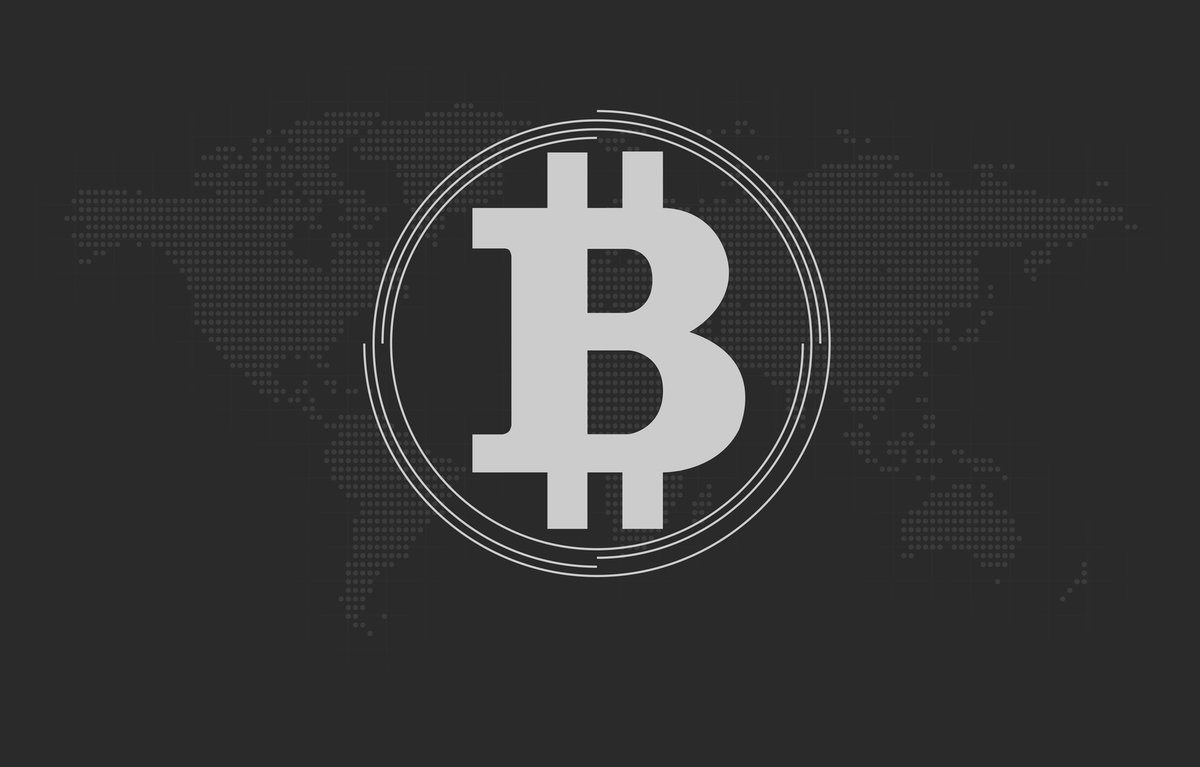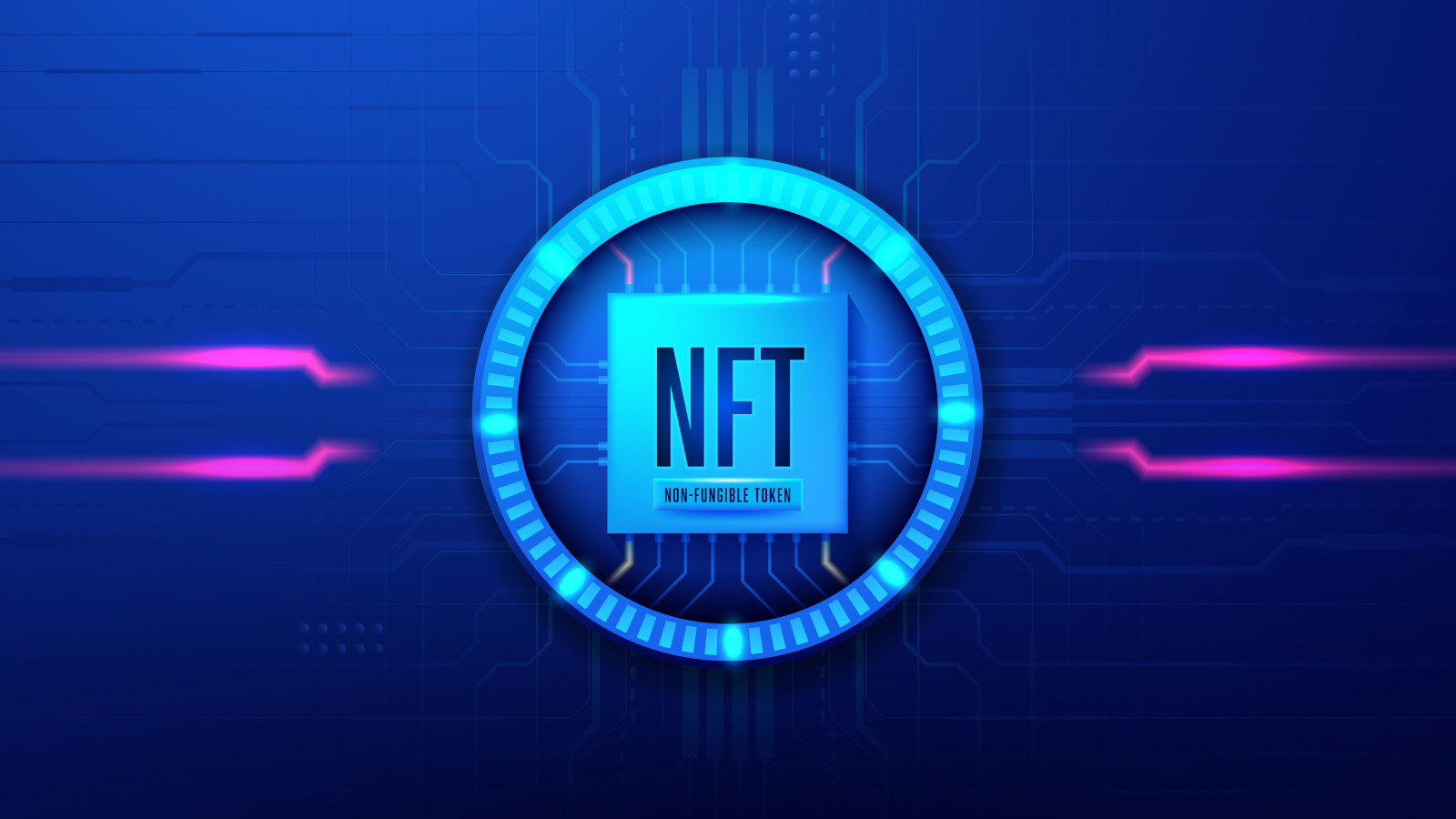
Can I Use Bitcoin for Everyday Purchases?
Bitcoin for Everyday Purchases: The world’s first and most popular cryptocurrency has gained immense attention over the years. Initially perceived as a niche digital asset, Bitcoin is now recognized as a viable means of payment by many businesses worldwide Earn Money by Lending Your Bitcoin. But can you use Bitcoin for everyday purchases? Let’s explore how Bitcoin fits into daily transactions and whether it’s practical for your routine expenses.
The Growing Acceptance of Bitcoin
Bitcoin has come a long way from its inception in 2009. What started as a novel concept is now a legitimate currency thousands of businesses accept. Today, you can use Bitcoin to pay for:
- Groceries: Some grocery stores and e-commerce platforms accept Bitcoin directly or through payment processors like BitPay.
- Online Shopping: Websites like Overstock and Newegg allow you to purchase Bitcoin.
- Travel and Hospitality: Companies such as Expedia and Travala let you book flights and hotels using cryptocurrency.
- Food Delivery: Services like DoorDash and select local restaurants are beginning to experiment with Bitcoin payments.
- Subscriptions: Some digital services, like VPN providers or cloud storage, accept Bitcoin for subscriptions.
How to Use Bitcoin for Purchases
 Using Bitcoin for everyday purchases is relatively simple, provided the merchant accepts it. Here’s how it works:
Using Bitcoin for everyday purchases is relatively simple, provided the merchant accepts it. Here’s how it works:
- Get a Wallet: To store Bitcoin, you need a digital wallet. Popular options include Coinbase Wallet, MetaMask, or hardware wallets like Ledger.
- Scan the Merchant’s QR Code: Merchants who accept Bitcoin typically provide a QR code for payment. You can scan it using your wallet app.
- Confirm Payment: Once scanned, you confirm the amount and send the Bitcoin. Transactions are recorded on the blockchain, ensuring transparency and security.
Advantages of Using Bitcoin for Daily Spending
- Global Accessibility: Bitcoin is borderless, making it an ideal payment method for international transactions without exchange rates or additional fees.
- Security: Bitcoin transactions are encrypted and verified by blockchain technology, reducing the risk of fraud.
- Transparency: Payments are recorded on a public ledger, ensuring all transactions are traceable and verifiable.
Challenges of Using Bitcoin for Everyday Purchases
Despite its growing adoption, Bitcoin faces challenges that can make it less practical for daily use:
- Volatility: Bitcoin’s price can fluctuate significantly, meaning the value of your Bitcoin could change between the time of purchase and transaction confirmation.
- Transaction Speed: While Bitcoin is faster than traditional banking, network congestion can cause delays.
- Merchant Availability: Not all businesses accept Bitcoin yet, limiting its utility for everyday purchases.
- Tax Implications: In some countries, using Bitcoin is considered a taxable event, which can complicate frequent use.
Future of Bitcoin in Everyday Transactions
The future of Bitcoin as an everyday currency looks promising. As awareness and infrastructure improve, more merchants are likely to adopt Bitcoin. Moreover, second-layer solutions like the Lightning Network are addressing Bitcoin’s scalability issues, enabling faster and cheaper transactions.
Governments and regulators are also taking a closer look at cryptocurrency, which could lead to more widespread acceptance in mainstream commerce. Companies like PayPal and Square are already integrating Bitcoin, paving the way for easier access.
Conclusion
Yes, you can use Bitcoin for everyday purchases, but its practicality depends on where you live and the merchants you frequent. While Bitcoin has challenges like volatility and limited acceptance, its advantages—like security, global accessibility, and transparency—make it an attractive payment option for tech-savvy individuals.
As the world embraces cryptocurrency. Bitcoin may well become as commonplace as cash or credit cards in the future. For now, it’s a useful and innovative payment method that’s worth exploring for those who are comfortable navigating the crypto landscape.
[sp_easyaccordion id=”5038″]







